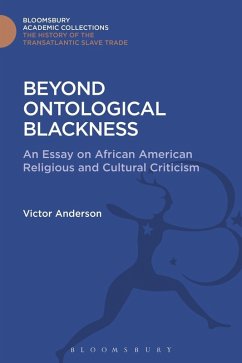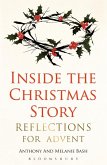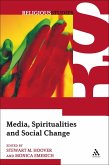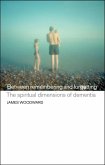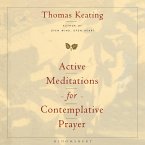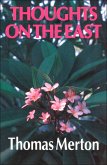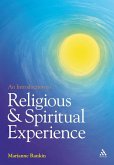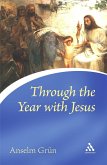In this study, Victor Anderson traces instances of "ontological blackness" in African American theological, religious and cultural thought, arguing that African American critical thought has been trapped in a racial rhetoric that it did not create and which cannot serve it well. Drawing together 18th- and 19th-century accomodationism and its assimilationist heirs with the movements of Black Power and Afrocentrism, Anderson shows that all exhibit a similar structure of racial identity. He suggests that it is time to move beyond the confines of "the cult of black heroic genius" to what Bell Hooks has termed "postmodern blackness": a racial discourse that leaves room to negotiate African American identities along lines of class, gender, sexuality, and age as well as race.
Bitte wählen Sie Ihr Anliegen aus.
Rechnungen
Retourenschein anfordern
Bestellstatus
Storno

